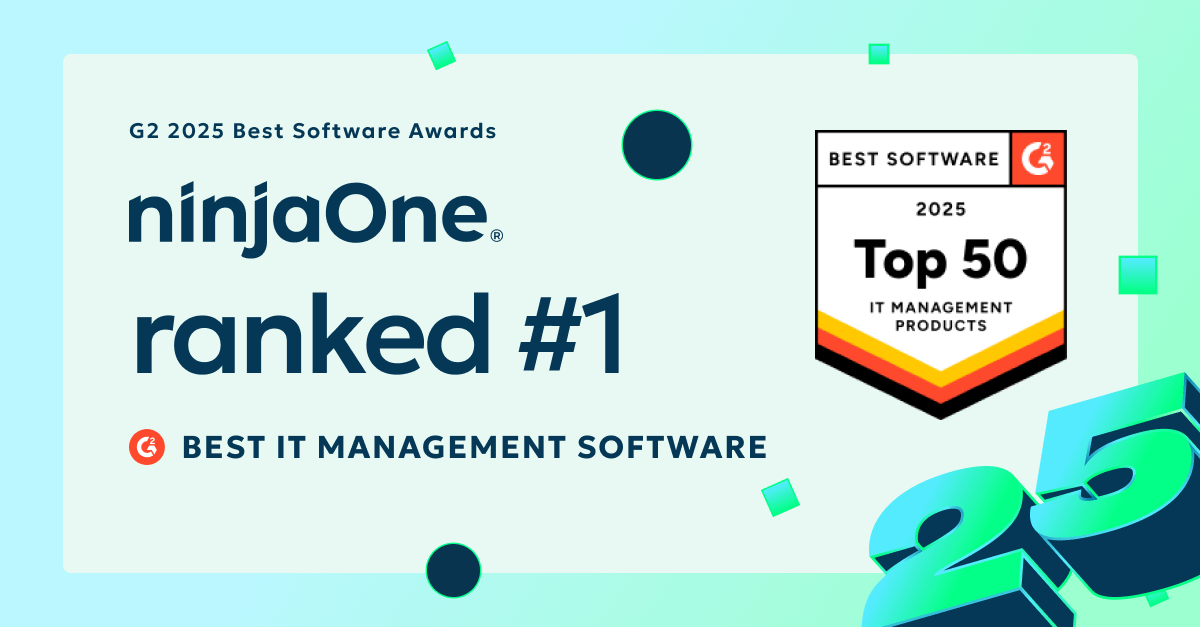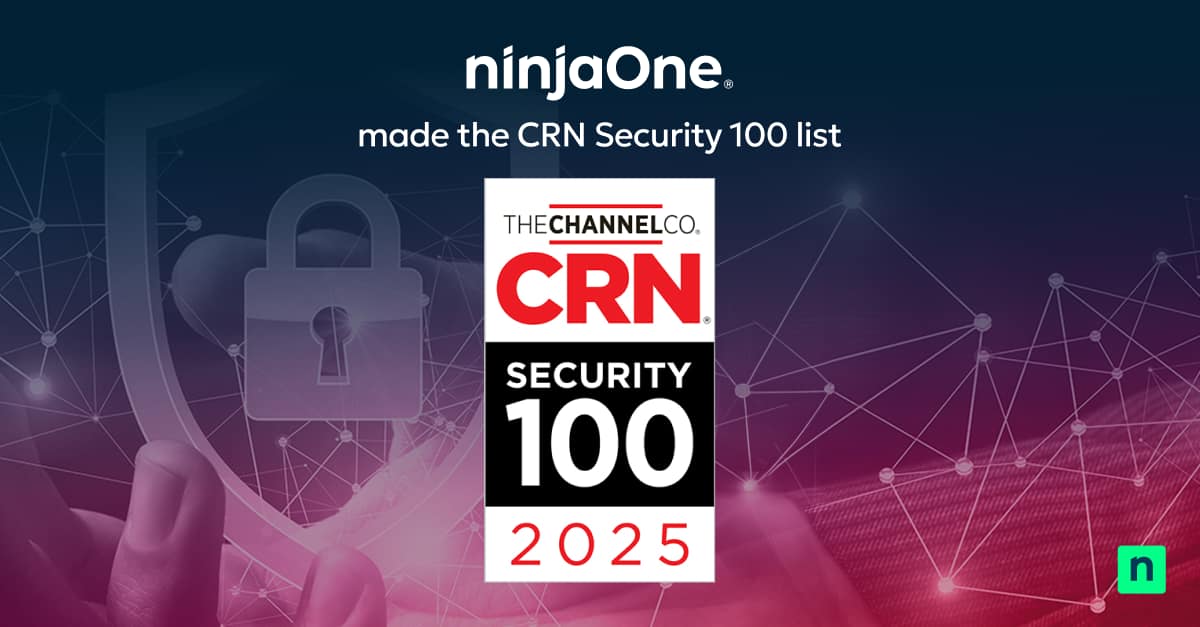I tuoi clienti hanno già aderito al modello di business as-a-service; perché non fare il passo successivo e fornire a loro i servizi di sicurezza di cui hanno bisogno?
Le aziende stanno finalmente realizzando che le minacce alla cybersecurity non sono solo una moda passeggera: sono qui per restare e devono essere affrontate seriamente. Una ricerca di MarketsandMarkets suggerisce che è proprio quello che stanno facendo. Nel suo report del 2016, Managed Security Service Market , l’azienda ha rivelato che le dimensioni del mercato dei servizi di sicurezza gestiti sono stimate in crescita da circa 17 miliardi di dollari nel 2016 a quasi 34 miliardi di dollari entro il 2021, con un tasso di crescita annuale composto (CAGR) del 14,6% durante il periodo di previsione.
L’aumento della spesa per la sicurezza informatica ha posto le basi per nuove opportunità di crescita per il canale IT. La ricerca di Gartner conferma questo, affermando che le spese maggiori per la sicurezza informatica sono destinate alla consulenza e all’outsourcing. La ricerca elenca anche opportunità significative nel campo del rilevamento e della risposta, nonché della sicurezza preventiva, come la gestione delle informazioni e degli eventi di sicurezza (SIEM) e i gateway web sicuri (SWG).
Se sei un MSP che attualmente offre solo servizi di sicurezza di base, come firewall e antivirus, considera i seguenti tre motivi per cui diventare un MSSP (Managed Security Services Provider) ha senso per gli affari.
- I tuoi clienti hanno difficoltà ad assumere talenti per la sicurezza IT
Il Center for Strategic and International Studies (CSIS) e Intel Security hanno intervistato 775 responsabili IT che si occupano di cybersecurity all’interno delle proprie organizzazioni e hanno condiviso i risultati in un report, Hacking the Skills Shortage. Uno dei risultati è stato che l’82% degli intervistati ha segnalato una carenza di competenze in materia di sicurezza IT nella propria azienda. Tra le competenze specifiche mancanti rientrano il rilevamento delle intrusioni, lo sviluppo di software sicuro e la riduzione degli attacchi. Inoltre, la carenza di talenti nel campo della sicurezza informatica sta facendo aumentare i stipendi dei candidati qualificati, rendendo ancora più difficile per le aziende coprire i posti vacanti nel settore della sicurezza.
Un MSSP è la soluzione perfetta a questo problema. Distribuendo lo stipendio di un candidato qualificato tra più clienti, un MSSP può coprire i propri costi (e ottenere un profitto) a una frazione di quanto un’azienda pagherebbe per assumere uno specialista di sicurezza informatica. Inoltre, affinando la propria esperienza in materia di sicurezza, un MSSP può sviluppare una gamma di competenze più ampia rispetto a quella che potrebbe raggiungere un solo dipendente. È davvero una situazione in cui vincono tutti.
- I tuoi clienti sono pronti per il modello di vendita “as-a-service”
Poiché le aziende stanno diventando sempre più abituate ad utilizzare servizi IT in abbonamento come Office 365 (ad esempio, Outlook, Word, OneDrive, SharePoint), il concetto di pagare annualmente (o addirittura mensilmente in alcuni casi) per i servizi IT viene sempre più accettato, soprattutto tra le piccole e medie imprese che capiscono che tale modello consente loro di accedere a funzionalità aziendali di livello enterprise pur rimanendo all’interno del proprio budget.
I tuoi clienti potrebbero già essere disposti ad applicare lo stesso modello di abbonamento alle loro esigenze di sicurezza informatica. Invece di acquistare dispositivi di sicurezza e licenze software con fondi di capitale limitati (cioè Capex), potrebbero accogliere l’idea di un investimento che offra una protezione aggiornata a fronte di un canone mensile.
- I tuoi clienti hanno bisogno di una formazione sulla criminalità informatica
Un altro fattore che spinge le aziende a esternalizzare la sicurezza informatica è l’alto tasso di criminalità informatica e le nuove forme di attacco che stanno diventando sempre più insidiose. Che si tratti dell’aumento del ransomware, il quale secondo l’FBI è diventato un problema da 1 miliardo di dollari l’anno scorso, del malware rivolto ai computer mobili o dei problemi di sicurezza emergenti dell’IoT (Internet of Things), molte aziende si sentono sopraffatte.
Gli MSSP possono svolgere un ruolo prezioso nel formare i clienti sulle minacce esistenti ed emergenti, nell’aiutarli a sviluppare policy e procedure di sicurezza, nel valutare le attuali soluzioni di sicurezza dei clienti e nel consigliare modi per ridurre le aree di vulnerabilità in modo economicamente vantaggioso.
Tutti i segnali indicano che i servizi di sicurezza gestiti rappresentano un’enorme opportunità per gli MSP. Dopo tutto, i tuoi clienti si fidano già di te per mantenere i loro computer e server attivi e funzionanti. E’ opportuno fare il passo successivo e continuare a creare fiducia nel fatto che puoi ridurre i loro rischi per la sicurezza e che, se si verifica un problema, sarai presente per risolverlo rapidamente.







